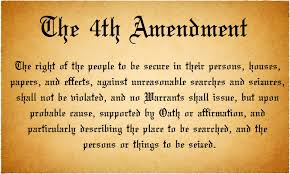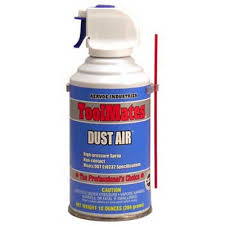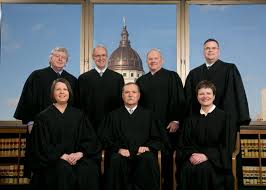Should people of Irish ancestry complain about planned checkpoints for DUIs in Los Angeles on St. Patrick’s Day? In Oakland, California, at least, their protests could have an impact if the local department’s actions regarding Cinco de Mayo DUI checkpoints are any indication.
A press release, “Fiesta Time of Jail Time,” issued by the Oakland Police Department triggered protests by Hispanic activists, according to various media reports. The release said that “In the United States, Cinco de Mayo has become synonymous with festive fiestas and salty margaritas…but present-day celebrations often lead to drunk driving–and there’s no victory in that.” (Cinco de Mayo celebrates Mexico’s 1862 victory over France at the Battle of Puebla during the Franco-Mexican War.)
 Los Angeles Criminal Defense Attorney Blog
Los Angeles Criminal Defense Attorney Blog










